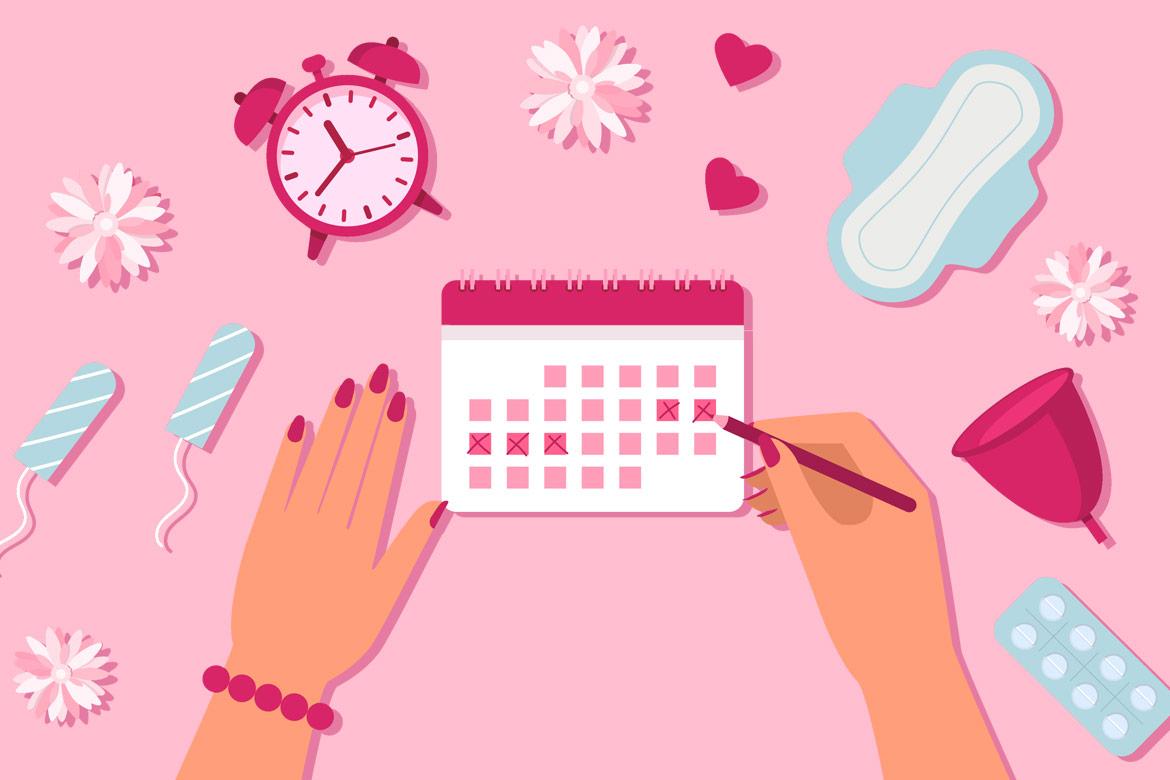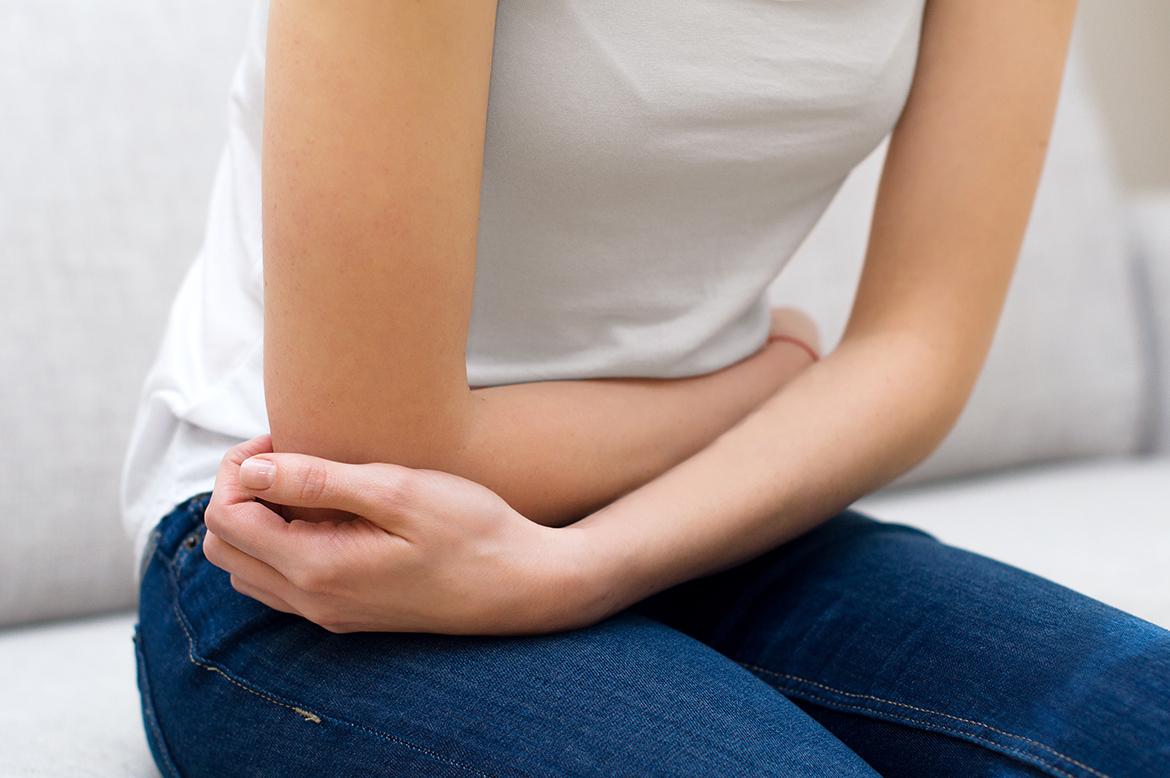
Endometriosis
Frequently asked questions
A: Many women with endometriosis can become pregnant naturally.
However, if you have severe endometriosis (stage III or IV), you may require surgical treatments such as a laparoscopy, laparotomy, or hysterectomy.
In some cases, in vitro fertilisation (IVF) may also be recommended to improve fertility.
A: Endometriosis can affect the duration of your menstrual cycle and cause heavier flows, but it will not stop your periods.
A: Endometriosis can be managed with regular exercise and a healthy diet.
A diet rich in omega and anti-oxidants, low in gluten and processed foods, are encouraged to keep endometriosis under control.
A: Yes, there are cases of endometriosis discovered at surgery in patients with no pain. Such endometriosis cases are usually mild and most doctors will only treat them if the woman is trying to get pregnant.
A: Surgery for endometriosis may be recommended in the following conditions:
- If you experience severe pain due to endometriosis and medications are not effective
- If the symptoms of endometriosis have reappeared after hormone therapy
- If the tissue growth is interfering with organs such as the bowel or bladder
- If the endometriotic ovarian cyst is enlarging despite medical treatment
- If you have failed to conceive after trying for more than 6 months
A: It is very rare for endometriosis to persist after menopause.
A: In most cases, contraceptive pills will take away the painful and heavy menstruation of endometriosis.
However, latest studies have showed that a small group of women with deep infiltrative endometriosis may have their endometriosis made worse by the pill in later life.
A: Chronic endometriosis may reduce the implantation rate of in vitro fertilisation (IVF).
A: It is estimated that 10% of women in the general population have endometriosis.
Studies have shown that up to 60% of teenagers with severe painful menstruation not reduced by medications can have endometriosis. In women having problems trying to conceive, up to 40% of them have endometriosis.
A: Endometriosis is not strictly hereditary.
However, a family history of endometriosis puts you at a higher risk of having endometriosis if you have painful menstruation.
A: Endometriosis pain is often described as sharp, shooting sensations felt around the pelvic region. Most times it is on the left pelvis, although sometimes it is in the lower back and can radiate down the inner thighs.
A: Depending on your condition, your doctor may prescribe over-the-counter medications to manage endometriosis pain felt during menstruation or recommend surgery to treat it.
A: Dietary modifications will not cure endometriosis but eating certain foods may help to improve its symptoms. Here are some tips:
- Consume fiber-rich foods such as oats, whole grains, fruits, and vegetables. Fibre aids in the excretion of excess estrogen, which is responsible for cramping and pain.
- Consume foods rich in magnesium and zinc. Magnesium eases menstrual cramps, and can be found in dark chocolate, leafy vegetables, nuts, and seeds. Zinc helps to regulate your menstrual cycle, and can be found in chicken, turkey, oysters, red meat, and lobsters.
- Include omega-3 fats in your diet as it aids in reducing inflammation. Some good sources include flaxseed, salmon, tuna, nuts, and seeds.
- Reduce the intake of processed foods and gluten.
This coverage checker is brought to you by Health Insured, an online resource that helps you understand your health coverage in Singapore.
This page has been reviewed by our medical content reviewers.
Need help?
For enquiries, please call
+65 6250 0000 (Orchard) or +65 6898 6898 (Novena)
For appointment bookings, please WhatsApp
+65 8111 7777 (Orchard) or +65 8111 5777 (Novena)
 Brain & Spine Care
Brain & Spine Care



